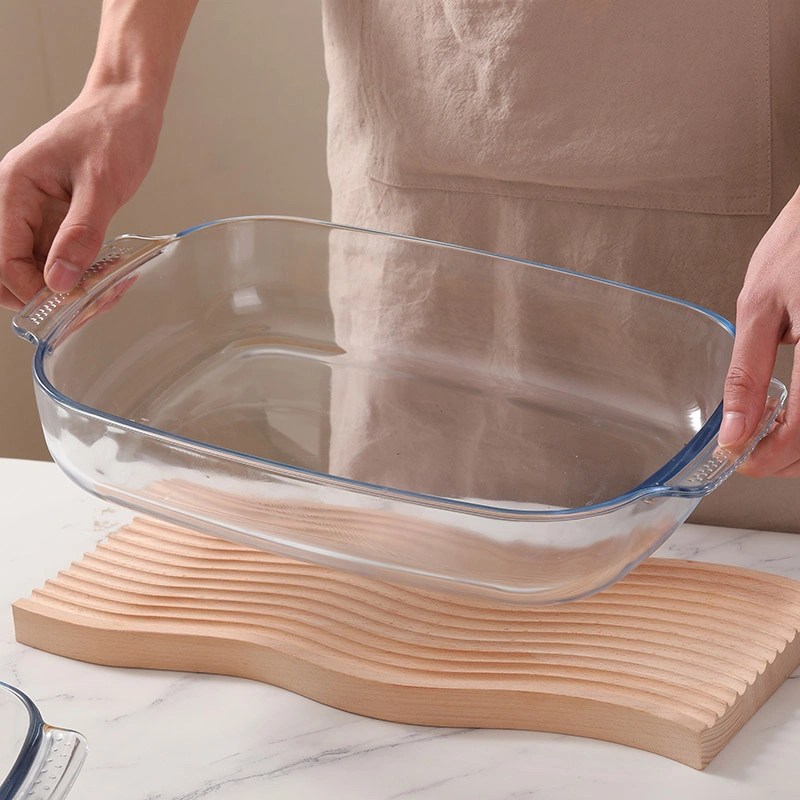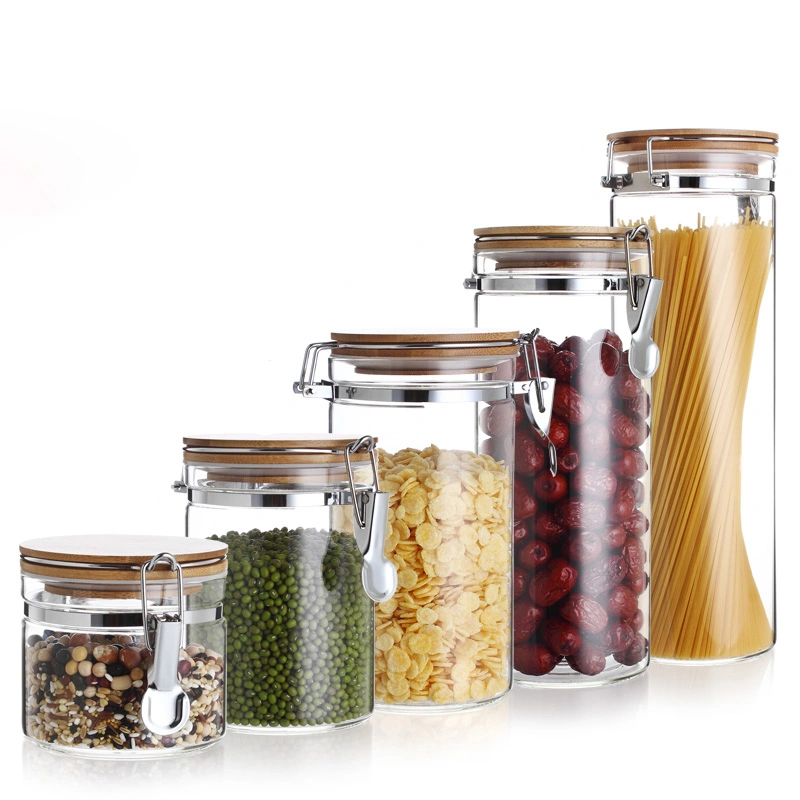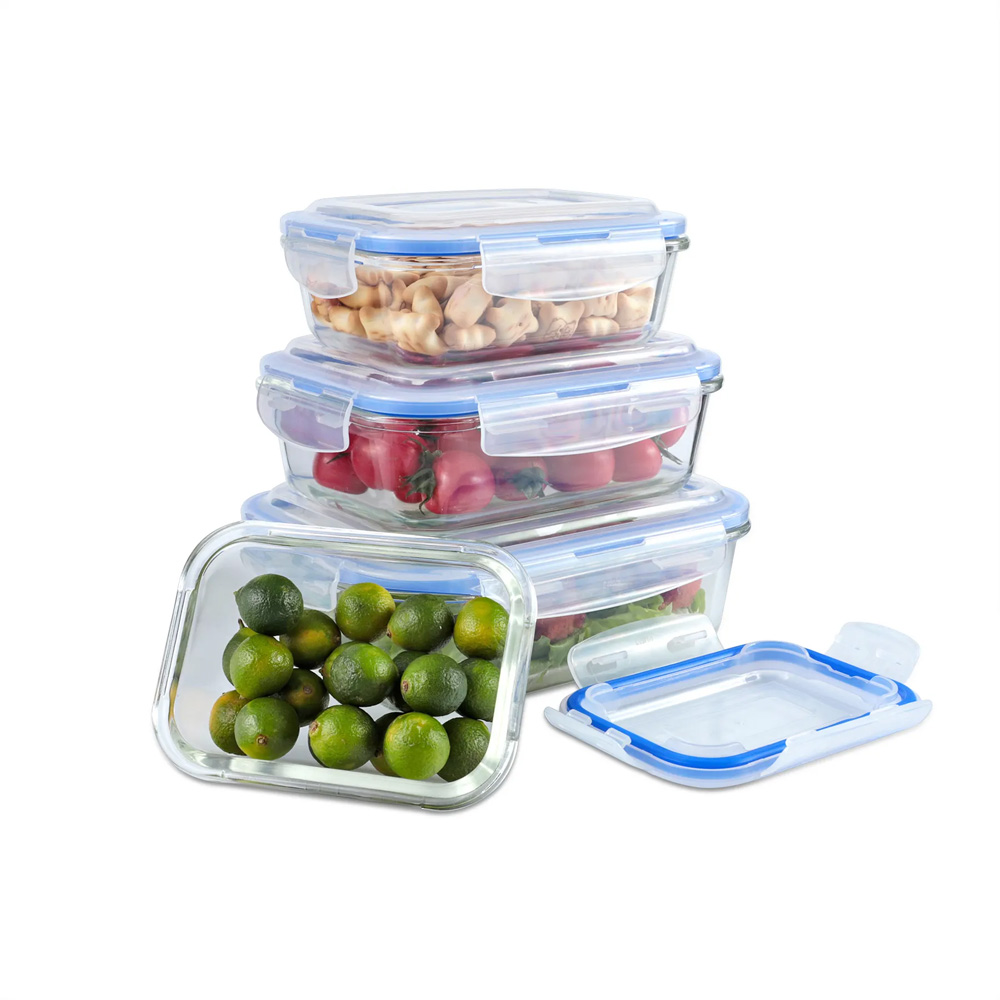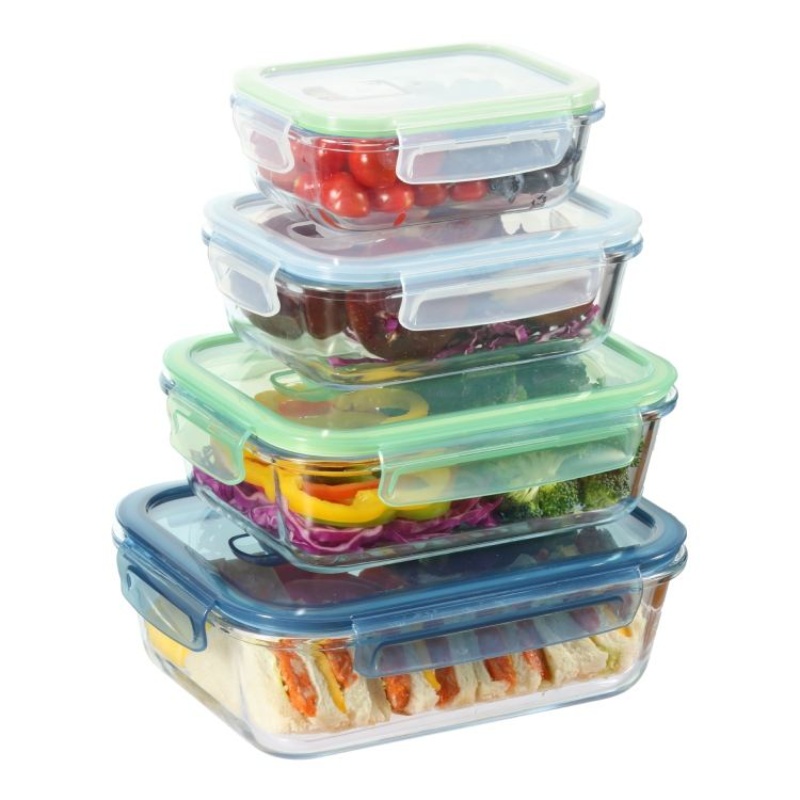Plastic Vs. Glass Tupperware: Best Food Storage Practices
Table of Contents
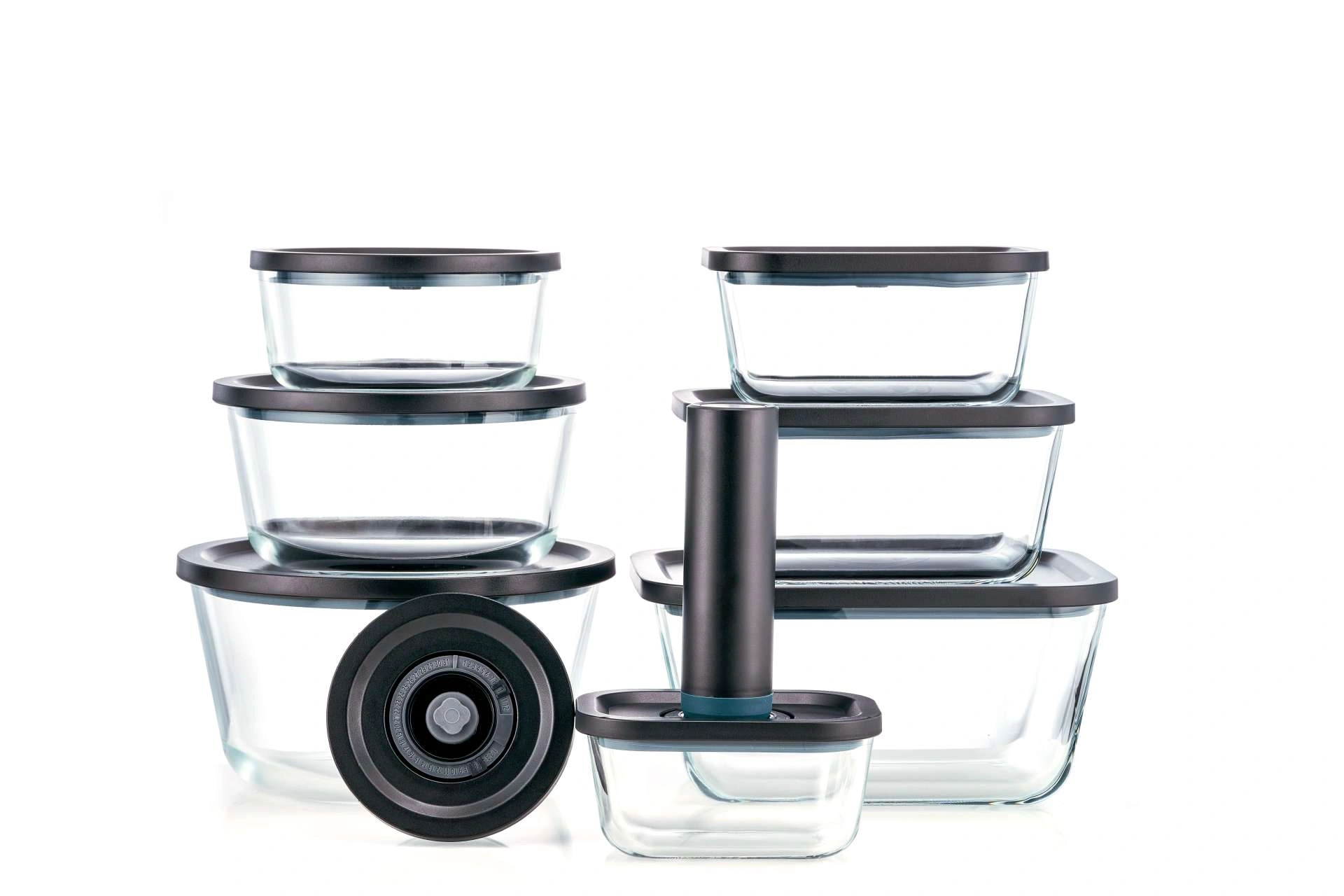
Why Choose Glass Tupperware Over Plastic?
When it comes to food storage, choosing the right type of container can significantly impact the quality and safety of your food. Although glass Tupperware is heavier and more prone to breakage, it stands out as the superior choice for several reasons. Glass Tupperware ensures that your food remains free from harmful chemicals, as glass is a natural, sustainable, and recyclable material. Its ability to withstand heat makes it easier to clean and more sanitary than plastic.
The Health Benefits of Using Glass Tupperware
One of the most compelling reasons to choose glass over plastic is health safety. Glass is a non-porous material, which means it doesn’t absorb food particles, bacteria, or odors. This feature helps keep your food fresher for longer and prevents it from tasting like the container or previously stored food. Unlike plastic, glass containers do not stain or retain smells, ensuring that your meals taste as they should.
Environmental Impact: Glass vs. Plastic
Glass Tupperware is not only better for your health but also for the environment. Glass is fully recyclable and can be reused indefinitely without losing its quality or purity. On the other hand, plastic containers often end up in landfills or oceans, contributing to pollution and harming wildlife. By opting for glass, you are making a more sustainable choice that supports environmental preservation.
Alternatives to Traditional Food Storage: Beeswax Wraps
In addition to glass Tupperware, beeswax wraps have emerged as an innovative and eco-friendly alternative to plastic cling film. These wraps are made from natural materials and can keep food fresh for days. They are particularly useful for wrapping your glass Tupperware when you’ve misplaced the lid. Beeswax wraps are reusable, reducing the need for single-use plastics and further minimizing environmental impact.
Practical Considerations and Tips for Using Glass Tupperware
While glass Tupperware offers numerous benefits, it’s essential to handle it with care due to its fragility. Here are some practical tips for using glass containers effectively:
- Handling and Storage: Store glass Tupperware in a secure place to prevent breakage. Use protective sleeves if available.
- Cleaning: Wash glass containers with mild soap and water or place them in the dishwasher for thorough cleaning.
- Usage: Avoid sudden temperature changes to prevent glass from cracking. Let hot containers cool before refrigerating them.
- Transporting: Use padded bags or containers when transporting glass Tupperware to reduce the risk of breakage.
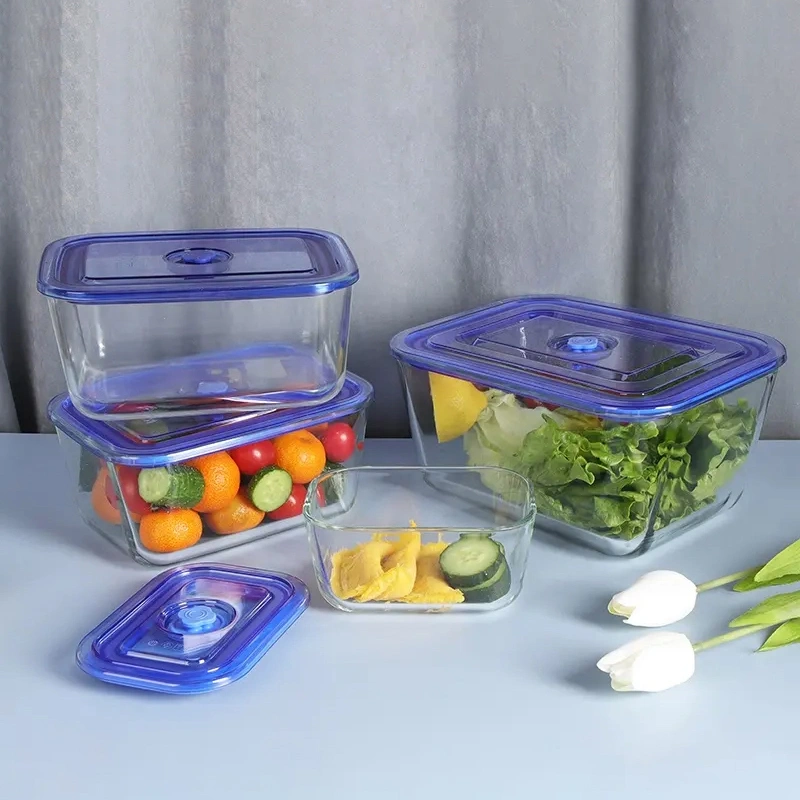
Conclusion
Choosing the right food storage solution is crucial for maintaining the quality and safety of your food. While glass Tupperware may be heavier and more fragile than plastic, its health benefits, environmental advantages, and superior food preservation make it the best choice. Coupled with innovative alternatives like beeswax wraps, glass containers offer a sustainable and practical solution for modern food storage needs. By making the switch to glass, you can enjoy fresher, better-tasting food while contributing to a healthier planet.
Newest Blog
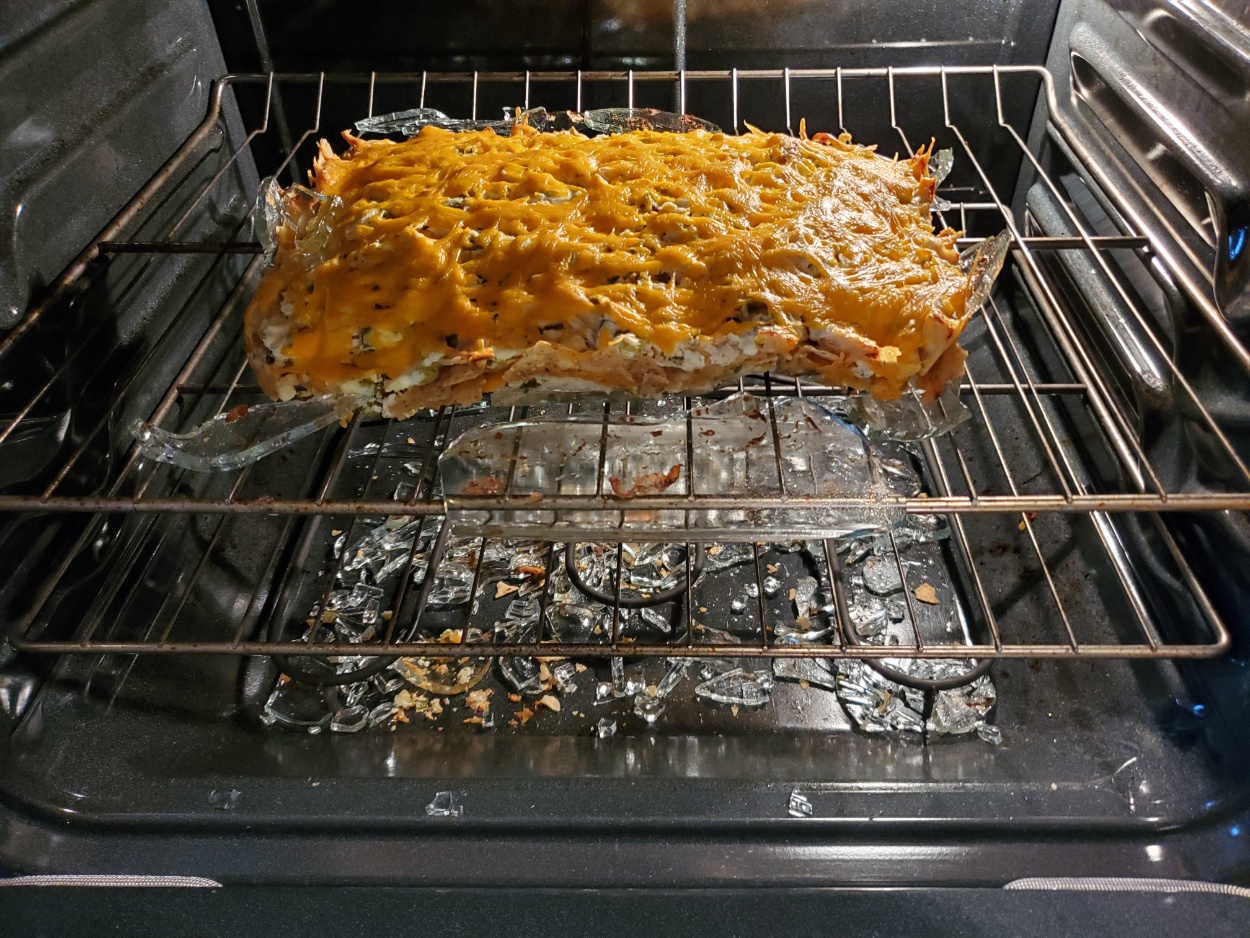
Is Glass Safe In The Oven?
Whether you’re a home cook or a business owner sourcing from a glass lunch box factory, understanding the nuances of oven-safe glass is crucial. We’ll explore the world of durable and reliable custom glass food container options, ensuring you make informed decisions.
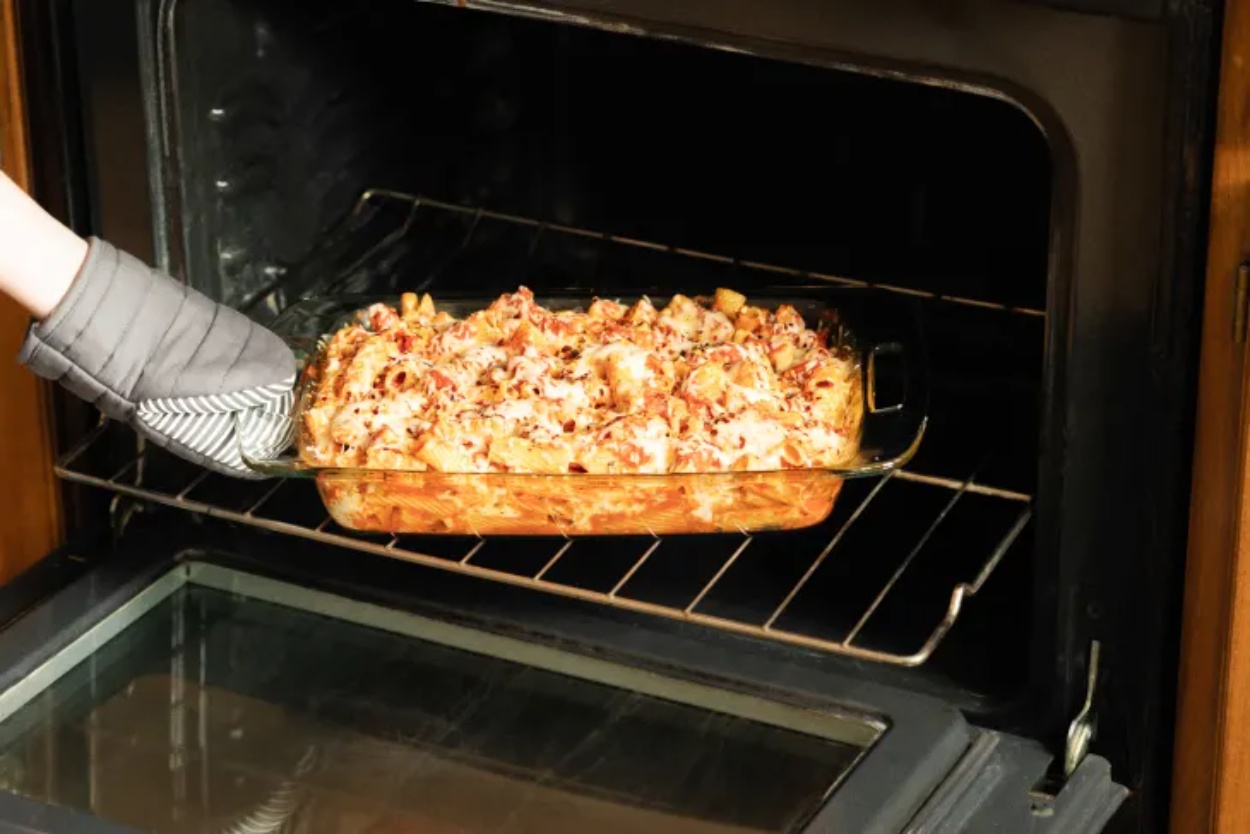
Can You Put Glass In The Oven?
We’ll explore why choosing the right type of glass, particularly from a reliable China glassware factory, is so important, especially if you’re looking for custom glass food storage containers or even a glass lunch box factory.
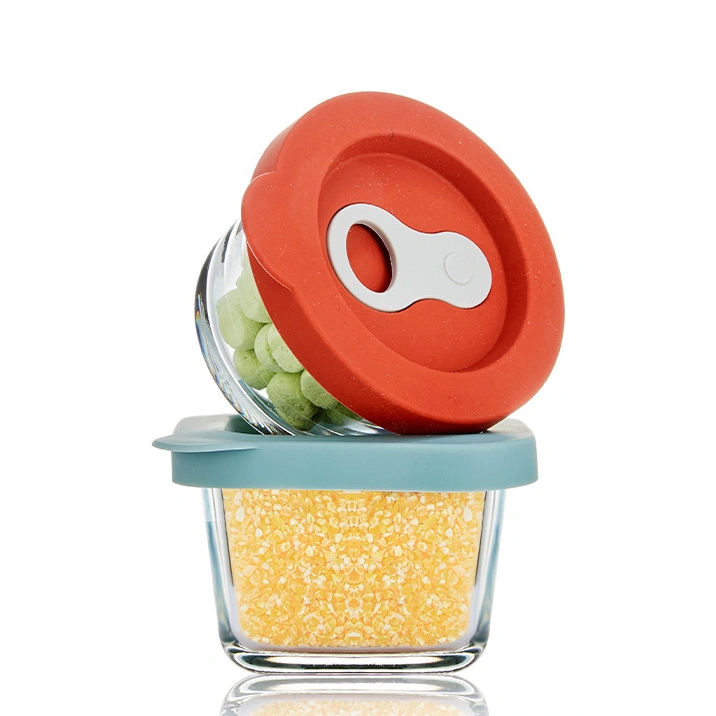
What To Do With Small Glass Containers?
From baby food meal prep, storing leftovers to organizing your craft supplies, small glass containers are super handy!

